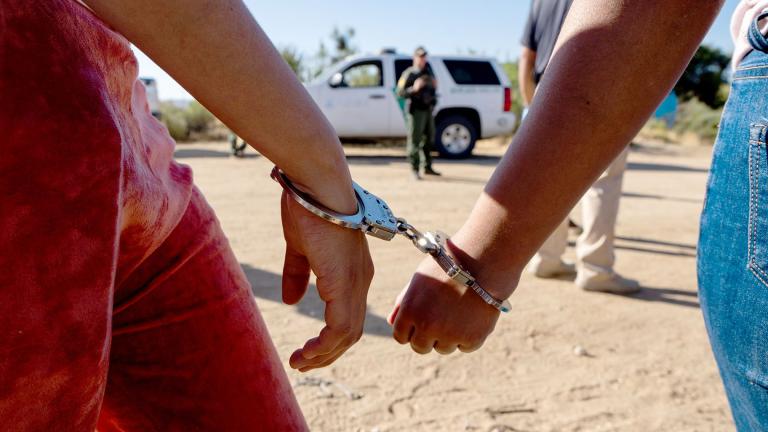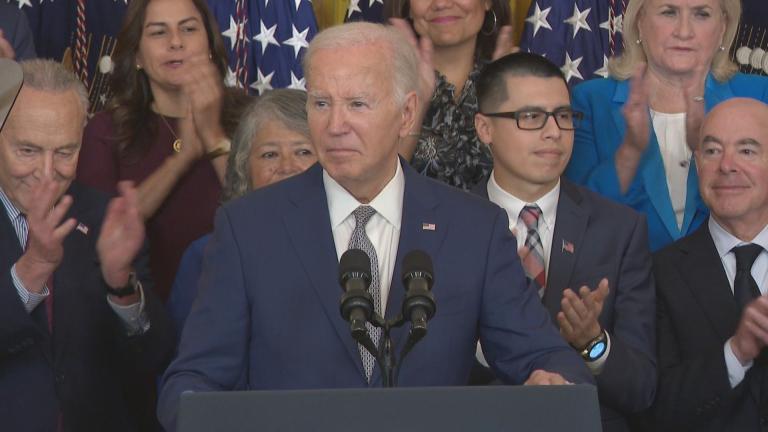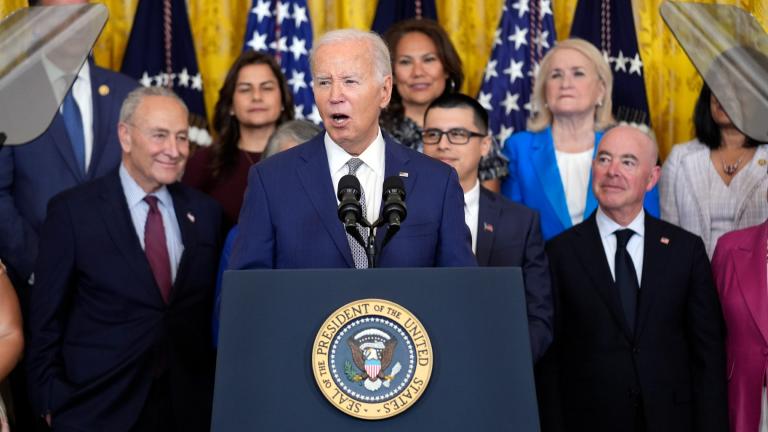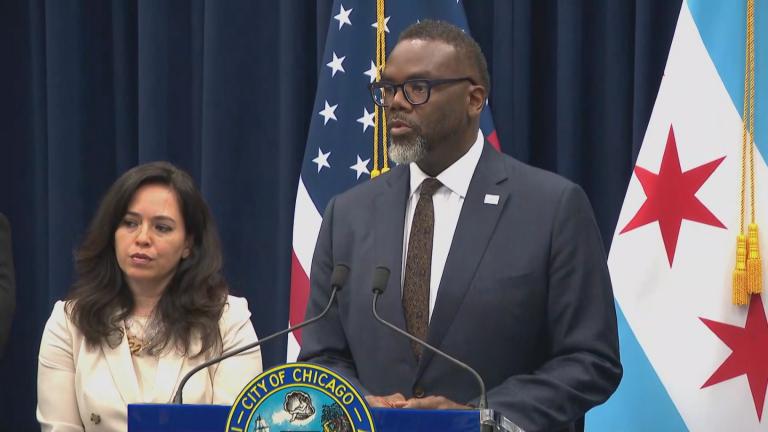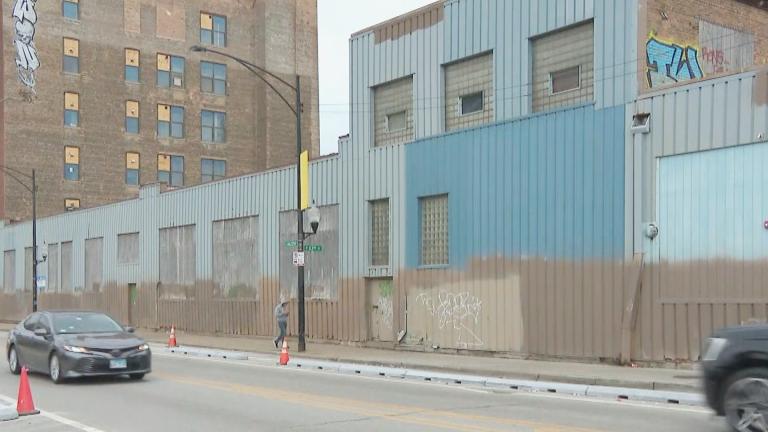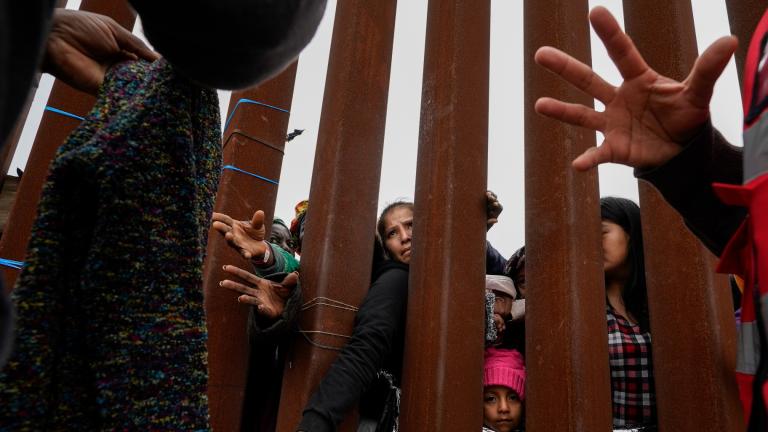Since August 2022, nearly 44,000 migrants have made the long journey from their home countries in South America to Chicago.
The new WTTW digital series “Firsthand: Homeless – The Migrant Experience” follows five asylum-seekers on their search to find housing, employment, education and a new and improved life. But it took a lot more than five conversations for series producer and director Edgar Vargas to find individuals who were willing to share their stories on camera.
“Part of enterprising these stories was talking to a lot of people,” Vargas said. “And many of them, even though they committed to do the stories, after a few days they would just say no. The tact I use, rather than to tell them I wanted to do a documentary on their life story here in Chicago, was just to get to know them. Just, ‘How you doing? What are some of the challenges that you’re going through right now?’ Because, I think it takes a little while to gain someone’s trust and I needed that if we were going to tell these stories.”
The documentaries can be watched at wttw.com/firsthand.
Profiled in the series are Emili, who prepares and sells Venezuelan food as she awaits a work permit; Alba, an indigenous woman from Colombia looking to provide for her family of five; Esteban, an artist who fled Ecuador and always felt a pull toward Chicago; Jose, who works as a maintenance worker for a fast food restaurant after leaving Venezuela; and Victoria, a community manager for Chicago Public Schools who created a welcoming place for children after she left Colombia 16 years ago.
“At the end of the day, these are real people trying to make their lives work,” Vargas said. “I hope that people see the dignity that they're looking for, the spirit that they have. They’re hard workers, sure. But they’re working for their family, they’re working for a better life … It’s interesting, in Chicago, we call ourselves a city of immigrants and that we know each other by our food and the neighborhoods have such an identity to immigrant communities. I think this new wave, these people are no different.”

